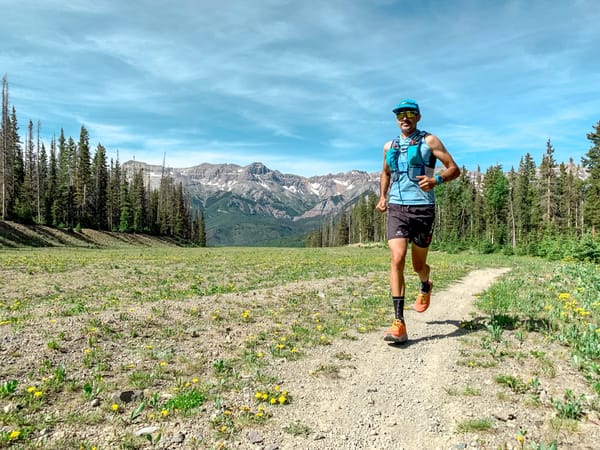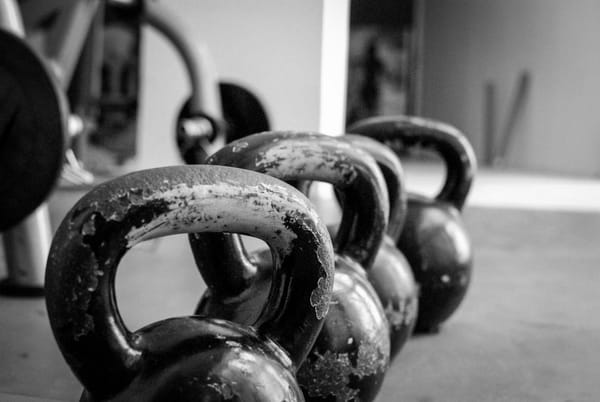Wrestling With The Epidemic Of Depression

I read an article this morning about depression from an athlete’s perspective. Then I read another from the view of a spouse dealing with her athletic husband’s depressive episodes. Every day it seems a new voice comes alive with a story of mental health struggles, notably from those with lives most of us would deem successful and enviable. Confusingly, I find myself both buoyed and distressed by these more and more frequent revelations. I love how social media provides an easier way to share our powerful personal experiences. The increased dialogue around mental health, specifically depression and anxiety, is of course valuable in “breaking the stigma” and no doubt has comforted many who have felt so alone with their pain. I’ve publicly purged and discussed my own journey through the ups and downs of chronic depression which has absolutely been healing and rewarding in so many ways. Reading accounts of similar, or even not so similar (the disease manifests itself in innumerable individual and unique ways), has made me aware and appreciative of the fact that I am not the center of the universe – that I am not the only being who suffers. The stories build compassion. The stories build connection. The stories create an opening and inspiration to examine our own lives.
The stories also scare me. Is the whole world actually, truly depressed? What is “true” depression? Are we creating an epidemic that doesn’t actually exist? Are the stories means of unhealthy comparison with each other? Do the multitude of stories put ideas in people’s heads that any rough patch in life, any grief or moments of sadness mean something is wrong with them? Or will the stories make us numb to tales of suffering? When will we stop focusing on the problem and start talking more about solutions and prevention? Is there a global acceptance of depression and anxiety as normal pieces of modern life? And if there is truly an epidemic of disease, why? What is wrong with our world that we all feel this way? Why is there so much escapism from life through substance abuse, money and power addiction, infidelity, disordered eating, war or yes, overtraining, as seen in many athletes that have come out with their reports of depression? Yikes, these are sensitive questions that have the potential to alienate or even offend.
It’s easy to get carried away when I start thinking about the complexity of the issue. And I in no way disregard or disrespect anyone’s personal pain or coping mechanisms. After my recent three-month episode of paralyzing depression I went through pretty much the same discussions as I did during my last serious battle and have again started back on an antidepressant. I don’t believe medication is the answer for everyone, nor a long-term solution – but that’s a whole different discussion. In short, for me the drug brings my head back to a state where I can take healthy action across the board to fight for a fulfilling life.
So as awareness grows and we begin to see how incapacitated many of us feel at times, or daily, we want to start focusing on deliberate management of the symptoms. Some acceptance of ups and downs is necessary; just like the seasons, our bodies and minds need down time and sometimes low mood is an unconscious call for rest. But we deserve our natural born right to know omnipresent joy, even during a rough patch. When we are able to make conscious decisions we are empowered. When we are empowered we can see beyond daily malaise and apathy. Our Dirty Good mission is to highlight tools to deliberately manage and fight the illusion that we are stuck in physical and mental ill health. I can accept the possibility that depressive episodes will return, to one degree or another, because maybe I am wired that way, or maybe life circumstances will rise and fall. But I can also be better prepared to deal with each one and circumvent the easy route of giving in to each suggestion that depression limits my life. The wealth of stories out there contains inspiration for transitioning out of unconscious living and into a gratifying, meaningful and joyful existence. Just be careful not to get stuck in the story; the key is how to get out and how to proactively prevent another repetitive chapter.
How can our little van living and amateur writing projects make a difference? We wonder this daily. Living in a van on next to nothing is clearly not a cure for depression or anxiety, nor a choice we advocate for everyone. But we cling to the idea that setting an example of authenticity, hard work, commitment and pure intention is the best we can do right now. It’s our tool (well, one of many!) for resisting the pull of despondency, and we are motivated to share how others create their own deliberate and rewarding lives.
— Susan



